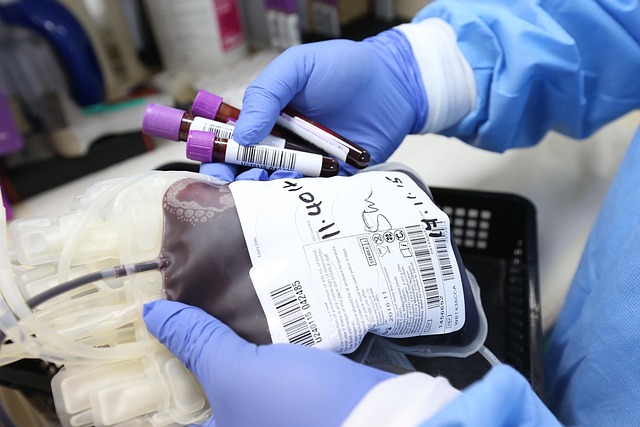Two Surprising Foods Linked to Cancer Risk
While sugar often takes the blame, dietitians reveal two other common foods that may be linked to increased cancer risk. Understanding these findings can help you make more informed dietary decisions, avoid myths, and stay ahead with smarter, safer food choices.

What Recent Studies Say About Diet and Cancer Links
Research continues to evolve regarding the relationship between diet and cancer risk. While no single food definitively causes or prevents cancer, certain dietary patterns and specific foods have shown stronger associations with cancer development. Scientists are particularly interested in how food processing methods and cooking techniques may influence these relationships, moving beyond simply examining individual ingredients.
Two Widely Consumed Foods That May Raise Cancer Concerns
The first food category drawing attention is highly processed meats, particularly those preserved through smoking, curing, or salting. Hot dogs, bacon, and processed deli meats contain compounds called nitrates and nitrites, which can form potentially carcinogenic compounds during cooking or digestion. The second surprising category is ultra-processed foods, especially those containing certain emulsifiers and artificial preservatives, which may disrupt gut bacteria balance and potentially increase inflammation.
Why Sugar Might Not Be the Biggest Dietary Threat
Although sugar often receives significant attention in cancer-related discussions, research suggests other dietary factors may pose more direct risks. While excessive sugar consumption can contribute to obesity—a known cancer risk factor—the direct cancer-promoting mechanisms appear stronger in processed meats and certain ultra-processed foods. This understanding helps shift focus toward more evidence-based dietary modifications.
Understanding Risk Without Cutting Out Entire Food Groups
Experts emphasize that completely eliminating food groups isn’t necessary or beneficial. Instead, consider:
-
Reducing processed meat consumption while maintaining protein intake through fish, poultry, and plant-based sources
-
Choosing whole, minimally processed foods when possible
-
Reading ingredient labels to identify and limit artificial preservatives
-
Maintaining variety in your diet while moderating potentially problematic foods
Expert Dietitian Advice for Balanced Cancer-Conscious Eating
Registered dietitians recommend practical approaches to reducing cancer risk through diet:
-
Incorporate more fresh vegetables and fruits
-
Choose whole grains over refined options
-
Limit processed meat consumption to occasional treats
-
Prepare more meals at home to control ingredients
-
Focus on overall dietary patterns rather than single foods
Remember that diet is just one factor in cancer risk, alongside genetics, environment, and lifestyle choices. Making informed, moderate changes to eating habits can support overall health without creating unnecessary anxiety about food choices.
This article is for informational purposes only and should not be considered medical advice. Please consult a qualified healthcare professional for personalized guidance and treatment.




